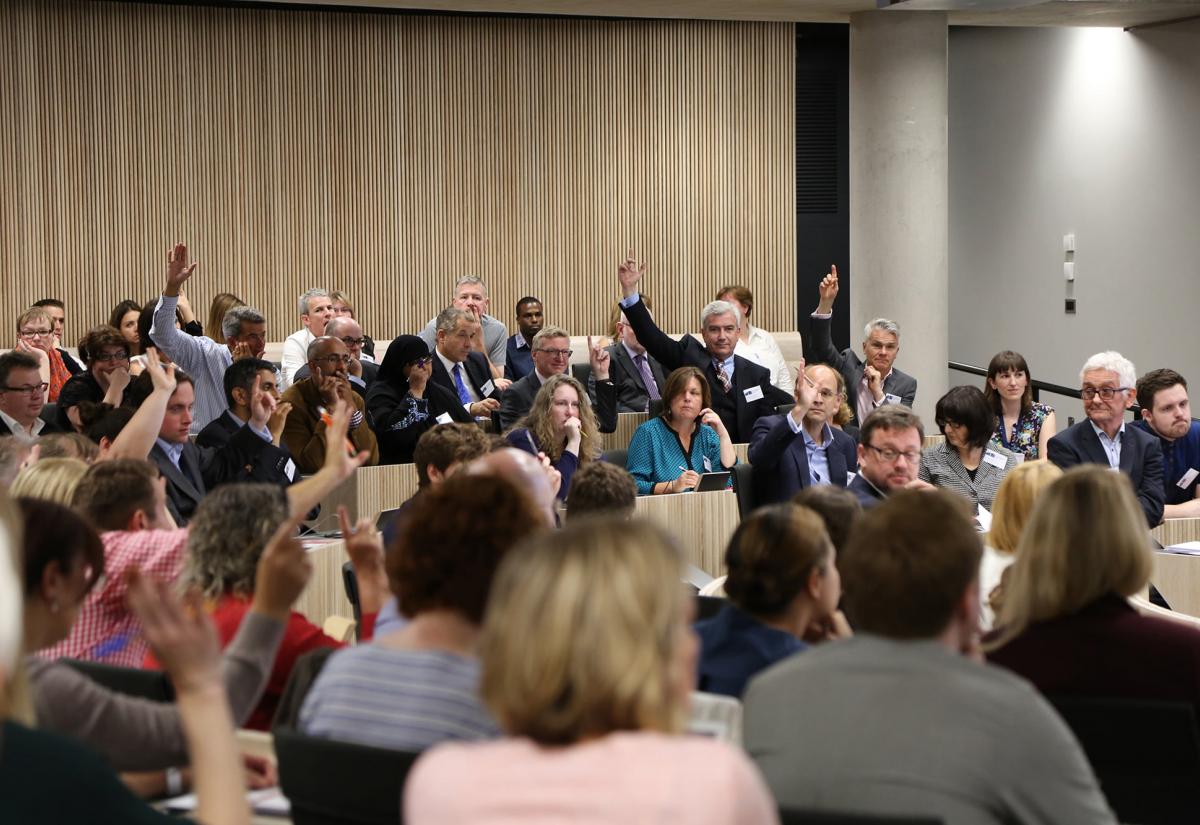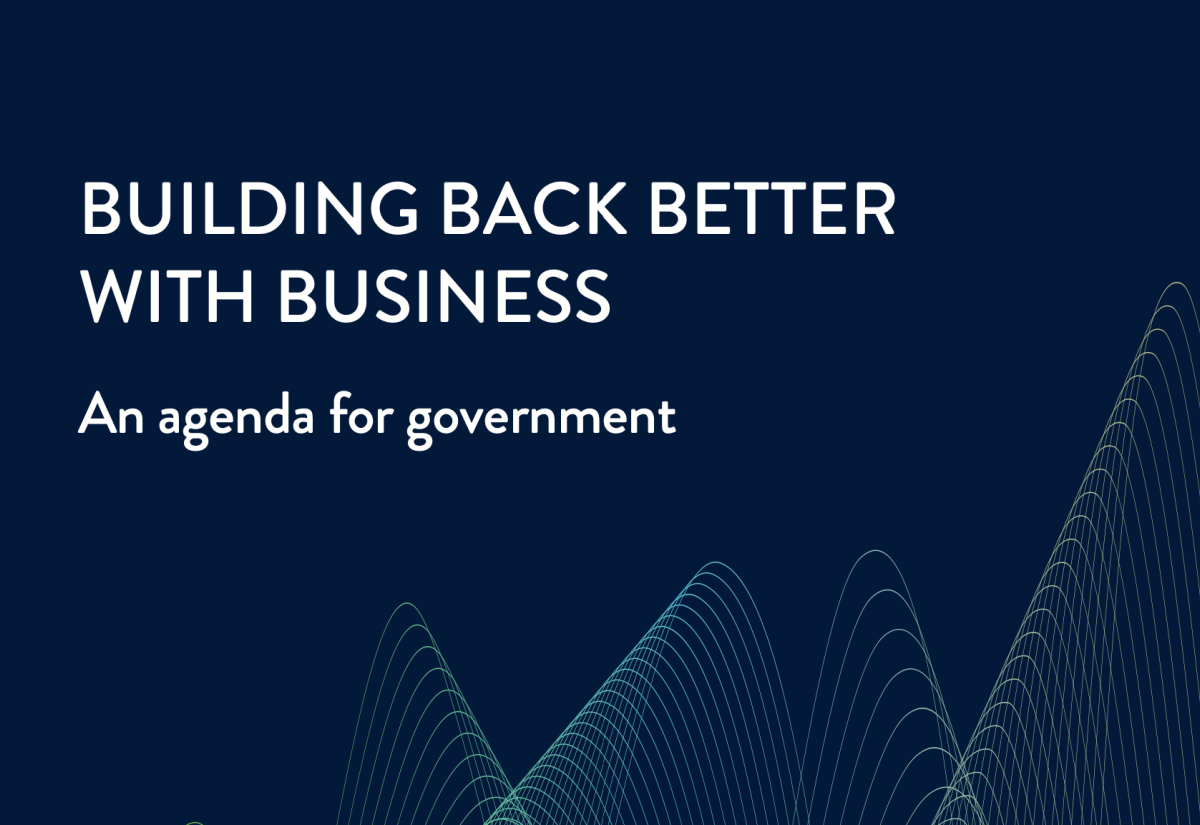The performance of a country’s public sector determines to a great extent the quality of the lives of its citizens, including their ability to access the most basic necessities. But while elements of public sectors in some countries are beacons of success, others have been too slow to innovate and incapable of collaborating effectively. Our programmes for public sector leaders and our work on public service delivery and reform, on organisational management, and on civil service effectiveness aims to help.
FEATURED
PROGRAMMES AND PROJECTS
LATEST NEWS
VOICES BLOG
PUBLICATIONS
-
Ready, willing and able? Bureaucratic capacity, slack resources and political control
Bureaucratic responsiveness depends on organisational capacity as well as political alignment. Bureaucracies with slack resources – rather than general capacity – are more likely to adopt political changes, commit to timelines, and implement policies faster. Analysing 1,430 UK legislative requests, the study confirms that slack resources enhance adaptability and expedite policy execution.
Thomas ElstonYuxi Zhang -
-
-
-
-
Command and can’t control: an evaluation of centralised accountability in the public sector
High-frequency granular data can enable senior government officials to hold poorly performing members of the service delivery chain to account; however, centralised management must translate large volumes of data into appropriate management actions to be effective.
Saad GulzarJuan Felipe LadinoMuhammad Zia MehmoodDaniel Rogger -
Questioning hierarchies: Senior leaders’ views on how global civil services changed during the pandemic
A newly published PeopleGov report finds the pandemic imposed a dual imperative on civil services: the need for greater speed, flexibility, and decentralisation of decision-making on the one hand, and for greater coordination and collaboration on the other.
Aisha J. AliLuis Álvaro Álvarez CalderónPedro Arcain RiccettoPaola del CarpioElise El NouchiJavier FuenzalidaMargarita GómezAung HeinOswaldo MolinaMartin Williams -
Addressing challenges to remote and hybrid working in public organisations
The People in Government Lab’s policy report Addressing challenges to remote and hybrid working in public organisations presents the results of a survey conducted in several public organisations in three countries – Brazil, Chile and the United Kingdom. It provides insights into improving remote and hybrid working inside governments.
Javier FuenzalidaMargarita GómezPedro ArcainPia Iocco Barias -
-
-
-
-
Tools at the centre of government
The COVID-19 pandemic has highlighted the critical role not just of government generally, but in particular the essential role the centre of government must play to mitigate problems that no longer respect organisational boundaries.
Dustin BrownJitinder KohliSamantha Mignotte -
-
-
The myth of teacher shortage in India
Sandip DattaGeeta Kingdon -
Virtual migration through online freelancing: evidence from Bangladesh
Mehrab BakhtiarAbu ShonchoyMuhammad MekiSimon Quinn -
-
Fiscal regimes and digital transformation in Sub-Saharan Africa
Benno NduluCornel JosephKarline Tryphone -
What do local government education managers do to boost learning outcomes?
Jacobus CilliersEric DunfordJames Habyarimana -
Personnel management and school productivity: evidence from India
Renata LemosKarthik MuralidharanDaniela Scur -
Lessons from implementing the Digital Economy Kit: Moving from diagnosis to action
Elizabeth StuartPranjali GuptaTebello QhotsokoaneToby Phillips -
-
The challenge of delivering for learning
Kate AndersonCeleste Carano -
-
Exploring social investment – Big Issue Invest and Government Outcomes Lab Technical and Learning Report
James Ruairi MacDonaldC TyeJ Outes VelardeB TipladyJ Meek -
Do impact bonds affect the ecosystem of social services delivery and financing?
Emily Gustafsson-WrightSarah OsborneMeg Massey -
Are impact bonds delivering outcomes and paying out returns?
Emily Gustafsson-WrightSarah OsborneMeg Massey -
Do the benefits outweigh the costs of impact bonds?
Emily Gustafsson-WrightSarah Osborne -
Maternal Health Care Quality and Outcomes Under the Utkrisht Impact Bond: Midline Findings and Insights
So O'NeilDivya VohraMatt Spitzer -
What is the size and scope of the impact bonds market?
Emily Gustafsson-Wright -
Are impact bonds reaching the intended populations?
Emily Gustafsson-WrightSarah Osborne -
-
-
Urban property taxes in Pakistan’s Punjab
Oliver HarmanShahrukh WaniHina Shaikh -
-
-
-
-
-
-
Critical issues for strengthening supreme audit institutions in developing countries
Innocent Twebaze Mbaguta -
-
The necessary dialogue between big data and tax in Brazil's tax administration
Anelize Lenzi Ruas de Almedia -
-
The BRT and the danfo: A case study of Lagos’ transport reforms from 1999-2019
Oliver HarmanSebastian KriticosBiodun Otunola -
-
The prospects for manufacturing-led growth in Africa’s cities
Sebastian KriticosVernon Henderson -
The prospects for manufacturing-led growth in Africa’s cities
Sebastian KriticosVernon Henderson -
-
Considerations for land value capture reform in the Greater Amman Municipality
Sebastian KriticosAstrid Haas -
Considerations for land value capture reform in the Greater Amman Municipality
Sebastian KriticosAstrid Haas -
-
-
-
-
Enhancing property tax compliance in Mandalay
Sebastian KriticosMichael Blake -
Are we rallying together? Collaboration and public sector reform
Claire FitzGeraldJo BlundellFranziska RosenbachTanyah Hameed -
-
-
-
-
Data-oriented urban transport reform in middle-income and developing cities
Dan GrahamDaniel HörcherJose Manuel Carbo Martinez -
-
Enhancing property tax compliance in Mandalay
Sebastian KriticosMichael Blake -
-
-
-
-
-
-
-
-
-
-
-
-
-
-
-
-
-
Private vs. public collection in enhancing local tax revenues
Astrid R.N. HaasPriya Manwaring -
-
-
-
-
-
-
-
-
-
-
-
-
-































